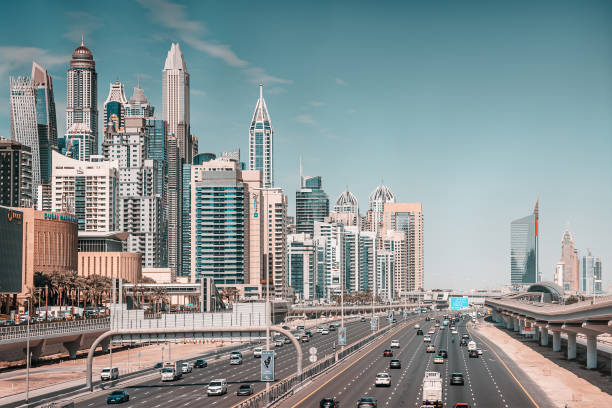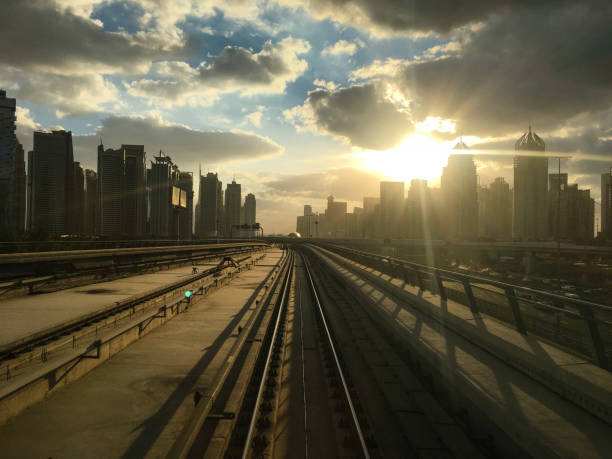Major Infrastructure Development
In a landmark development, Malaysia’s HSS Engineers Berhad (HEB) and its Emirati partner, HSS, have clinched a $316 million contract to oversee the construction of the Baghdad metro. This ambitious project aims to transform the urban landscape of Iraq’s capital.

Project Details and Timeline
The Baghdad metro will span 148 kilometers and feature 64 stations throughout the city. Construction was slated to begin this month and is projected to wrap up by 2029. However, some delays might occur as certain contracts are still in the tendering stage.
Strategic Partnership
The joint venture, involving HEB and HSS, has been established with the Baghdad municipality. This partnership is part of Iraq’s broader push to modernize its infrastructure and enhance global connectivity. The metro project is expected to play a significant role in this initiative.
Read more:
Complementary Infrastructure Projects
In parallel with this metro development, Iraq is advancing other major infrastructure projects. Recently, the Iraqi transport ministry signed agreements with China State Construction Engineering Corporation (CSCEC) and Turkey’s Kiklop Design Hertz Insaat. These deals pertain to the development of the Nasiriyah International Airport in Southern Iraq.
Expanding Global Connections
Additionally, Iraq has resumed direct flights between Baghdad and Beijing, aiming to strengthen trade relations with China. The country is also in discussions with the International Air Transport Association (IATA) to lift a long-standing 30-year ban on Iraqi Airways in Europe.
WTO Bid and Economic Growth
Iraq is reactivating its bid to join the World Trade Organization (WTO) about 20 years after its initial application. This move underscores Iraq’s commitment to enhancing its international trade connections.
HEB’s Global Ambitions
Tan Sri lr Kunasingam Sittampalam, acting group CEO of HEB, noted that the Baghdad metro project would provide modern connectivity and stimulate urban growth and economic prosperity in the Iraqi capital. HEB is also involved in similar projects in Jakarta, Indonesia, and Phnom Penh, Cambodia.
Looking ahead, HEB aims to generate a quarter of its turnover through international projects by 2027. This strategic focus on global ventures highlights the company’s dedication to expanding its international presence and contributing to significant infrastructure advancements.
In summary, the collaboration between Malaysia and the UAE in overseeing the Baghdad metro project represents a critical step in Iraq’s infrastructure development. The project promises to enhance urban mobility and support economic growth, reflecting Iraq’s ongoing efforts to modernize and strengthen its global connections.



